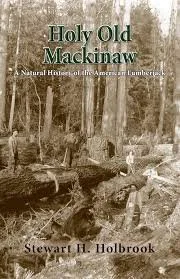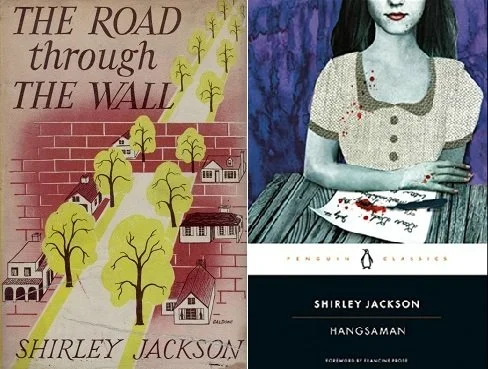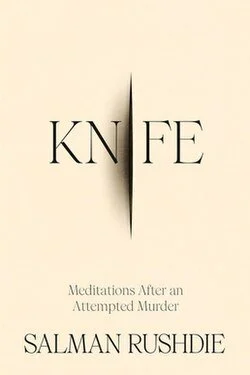I haven’t been reading as much as usual lately, and the books I have read (To Lose a War—essays on Afghanistan, fine but I would’ve preferred a cohesive book on the subject; Never Flinch—King on autopilot; Songs in the Key of Z—a regular reread, fantastic) I haven’t felt like writing about. In September, the reason was mostly Silksong. In October, it was the Blue Jays.
When the season began, after a dismal 2024 and what felt like an insufficiently active and bemusing offseason (Santander? Yay! Gimenez? Another glove-first middle infielder, great, only got about 20 of those; Straw? So, what, are we the Guardians’ personal Value Village now? Do they have any old sweaters they need to get rid of?) I wanted one thing: for the Jays to win a single post-season game.
Not a series sweep, not even a series win. Just a game.
Sports narratives are often speculative and always stupid, but they carry with them a prophetic aura that can be hard to shake. The story around the Blue Jays as perennial postseason chokers was a vicious poltergeist that needed exorcising. Do six losses over five years actually carry any statistical significance, especially when the rosters involved are different? Probably not. But they happened, and only a postseason win could wash away the resulting stink. Win just one, and future playoff berths would no longer be met by the baseball world with a collective eyeroll and the words “Big deal, they’ll just get swept again like they always do.”
All I wanted was a little hope. One win’s worth of hope. I promised myself I’d be happy with that much.
Turns out, I got ten.
I clutched that promise to myself all through the postseason, but it got slipperier with every win. Humans are naturally greedy, and while I wish I were an exception, I’m not. Sure, one win is great, but now that we’re here, I want to beat the Yankees (because who doesn’t?). Wait, we did it? So, it’s Seattle now. They’re a great team, Cal Raleigh is as terrifying as his nickname is unfortunate, we lost the first two at home, let’s just keep from getting swept. Oh, wow, we’re back in Toronto, down two. Can we win one of them? Both of them? George Springer says yes we can!
And so came a sight I didn’t dare hope to see again in my lifetime: the Blue Jays playing in a World Series. Of course, the Dodgers would steamroll them, right? They were 9-1 through the postseason so far, and the Brewers, who with their gritty bat-to-ball playstyle and middling power were very much the Blue Jays’ NL equivalent, got flattened without landing a single punch. This was the kind of team kids assembled when flagrantly cheating at fantasy baseball. The Jays had no chance.
And yet, chance after chance presented itself, and the Blue Jays kept seizing them.
Until they didn’t.
It’s a truism in sports that close losses hurt worse than blowout losses, and while the visceral blow is certainly sharper, coming as it does all at once in one critical moment or another (two outs! Two measly outs!) in the long run, I’m not sure it’s the case.
Because unlike the Yankees in 2024, the Blue Jays could have won this series. Not merely in the technical sense that any team can beat any other team on any given day—sim a million best-of-sevens between the Dodgers and the White Sox; Chicago will come away with a few hundred Commissioner’s Trophies at least—but through proof of play. The series pivoted on a knife’s edge. And that knife cuts both ways: just ask the Seattle Mariners.
Even though they lost, I believe the Blue Jays had the more magical season. No disrespect to the Dodgers, but “reigning champions with largest payroll in all of sports win again” is not a made-for-Hollywood story. And I don’t mean that as a sour grapes dig at their spending, nor do I think they bought themselves a championship. As the Mets will tell you, championships aren’t for sale. Money is huge, but money spent wisely makes the difference. (I will, however, pause here briefly to note for Jays fans grumbling about how the team failed to cash in runners when it counted, that in Game 7 alone the Blue Jays faced over $1.3 billion in pitching. So, yeah, hit some doubles off of that).
Contrast all that with the story the Blue Jays can tell: a group of castoffs and homegrown heroes shook off a year in the AL East cellar and made it to the pinnacle. There they faced a dragon that had roasted alive all those that came before them, and while they didn’t quite slay it before they fell, they lopped off a wing and showed it a fear it hadn’t felt in years.
And they did it with such joy, and with a love—of the game, of each other—that overflowed the dugout and washed across the field. Every player, to a man, had a career-defining moment this year. Bo’s two-run homer against Texas to shake off the Spring doldrums and kick the team into a higher gear. Mason Fluharty striking out Ohtani with the bases loaded. Clement’s postseason renaissance. Barger’s pinch hit grand slam. Springer in ALCS Game 7. And Yesavage, my Lord, I cant wait to see that kid in Spring Training.
Watching them this postseason was like watching a group of kids who got to play out past their bedtime. The goofy, rambunctious energy. The reckless joy. The air of side-glancing disbelief, as if thinking I can’t believe we get to do this.
Ross, Mark: bring them all back next year. Not just Bo (but yes, definitely Bo) but all of them. I don’t care if Max Scherzer is turning 42. I don’t care if there’s a better starter than Chris Bassitt on paper you can nab. I don’t care if Clement is due to revert to the mean and you can get a prospect haul for him in the offseason. Bring them all back. Let the boys play out a little longer.
God knows they’ve earned it.



















